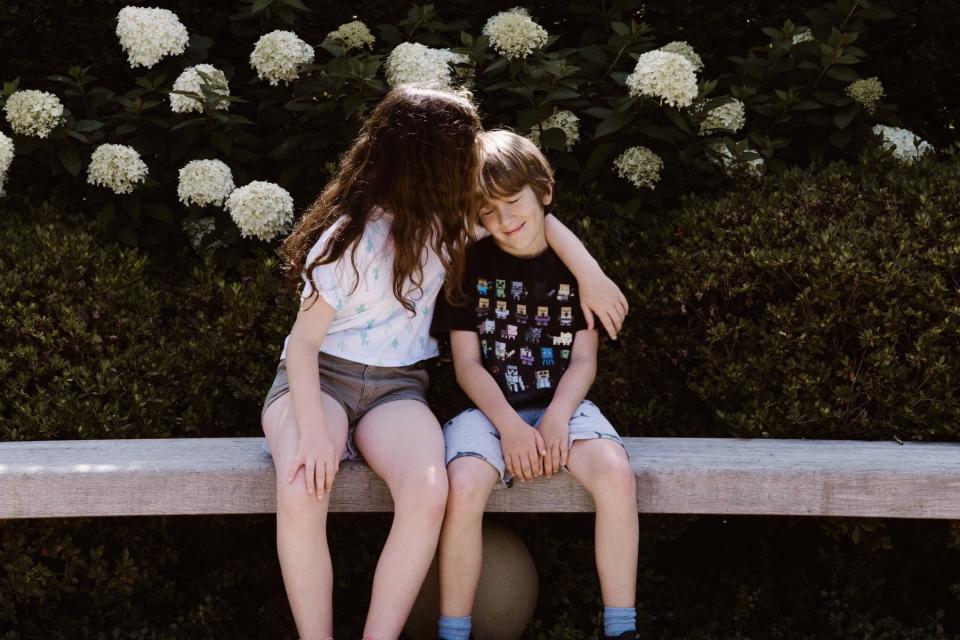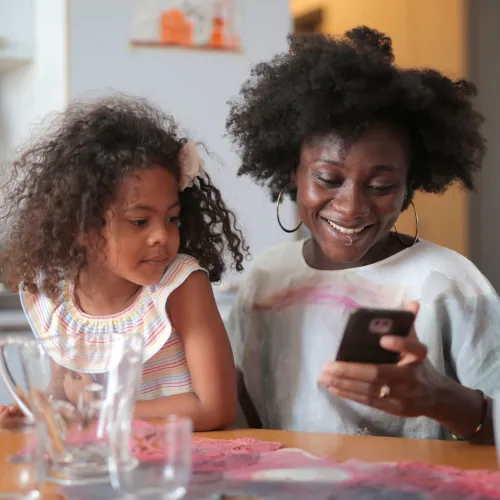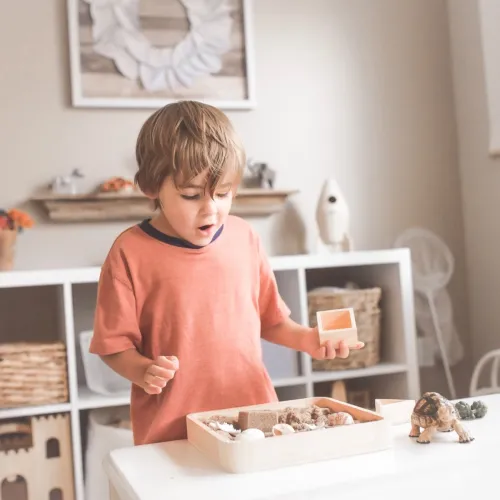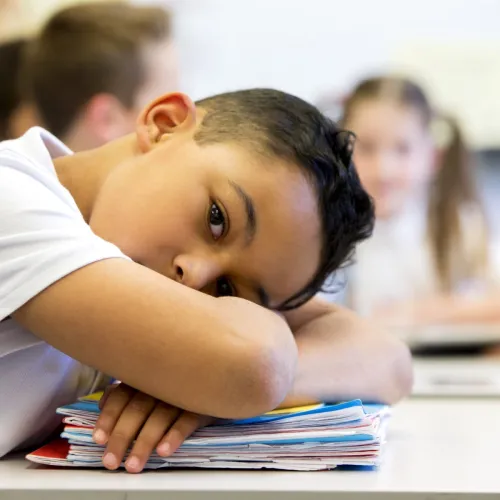Divorce With Adopted Children

We all know that divorce is hard on children. It can be even harder for adopted children since the loss of a cohesive family unit amplifies many of the difficult emotions that adoptees already deal with.
Many adopted children, especially as they age, struggle over whether or not they truly “belong” in a family. Once that family has separated, splitting into two independent households, the question of belonging only becomes more complicated.
How Divorce Impacts Families with Adopted Children
Many adoptees are already experienced with loss. Some have experienced significant trauma in their early lives, a loss of security and consistency, and many continue to sense the absence or infrequent presence of their biological parents as a loss after placement. Now, with your divorce, they will experience another loss. This time, your child is losing a secure family structure, something they may never have experienced until they were adopted.
Through this process, the very concept of family is being redefined. A “family” now spans two households and two distinct parents, people who, on their own, may find they have extremely different parenting styles. Where does your child fit and how do they belong in this new family structure?
Divorce can also present significant challenges for adoptive parents. After all, you spent weeks putting together an adoption profile that highlighted your family’s strength and cohesion. Was that all a lie, now that you’ve decided to get a divorce?
Adoptive parents often feel guilt during a divorce, holding themselves to a higher standard than we would expect of other families. Aren’t we letting our child’s biological parents down? Didn’t we promise them that we could provide a loving home for their child, a stable foundation in a world that is so often insecure?
All that said, divorce is certainly not the end of a family. As parents, there is much you can do to help your child cope with the changes brought on by this challenging transition.
Helping an Adopted Child Cope with Divorce
Recommit yourselves to the health and well-being of your child. Staying “child first” through a difficult period is itself a challenge, and you may have to remind yourself (perhaps constantly) of what really matters. Now, more than ever, your child needs stability.
Attempt to maintain the same boundaries, rules, and daily rituals insofar as that is possible. It’s easy to fall into the trap of wanting to be the “fun” parent, to loosen up and let the rules slip a little. Resist this urge, so you can remain the stable foundation that your child depends on.
More generally, it’s all too common for parents who are going through a divorce to frame the process in their own minds as a conflict, struggle or competition. This sort of thinking can spill over to affect children, especially if it comes to alter the way we behave. Avoid undermining your former spouse’s decisions; you would never badmouth your child’s biological parents. Instead, push in the opposite direction, and affirm your child’s love for their other parent.
Remember that you are a model for your child. You are, fundamentally, their most important teacher. How are you teaching them to deal with grief and adversity? If you were to look at yourself from the outside, are you the kind of teacher you would choose for your child? Show them joy and strength, along with healthy reactions to sadness and anger.
Some children will come to blame themselves for their parent’s divorce. This is a surprisingly common way to think, no matter how misguided it is in reality. Reassure your child that divorce is your choice, not their fault.
Keep in mind that divorce is the best choice for everyone in the long-run. There’s a reason, after all, that people no longer want to live together. What’s the alternative? That you stay together, deny your own desires and struggle to provide a consistent, loving family for your child? You’ve decided on divorce because you’ll both be happier apart. There’s nothing weak in that choice. It’s not a betrayal. You’ve chosen to be happier, healthier and more stable.
Ultimately, if you remain committed to your child’s well-being at every turn, it’s the right choice for them, just as it’s the right choice for you and your former spouse.
Author's Bio:
Maxine Chalker, MSW / LSW, is the founder and executive director of Adoptions From The Heart, a private, non-profit adoption agency. An adoptee herself, Maxine has spent her life promoting the values behind open adoption.



